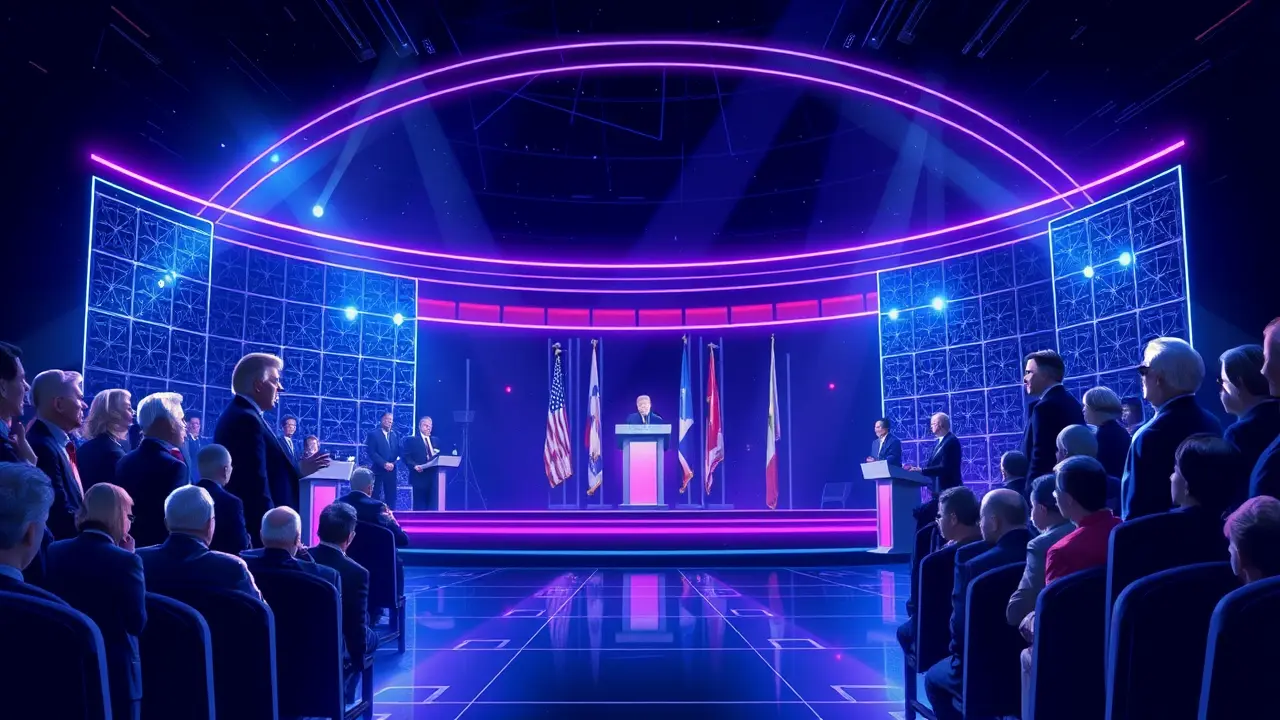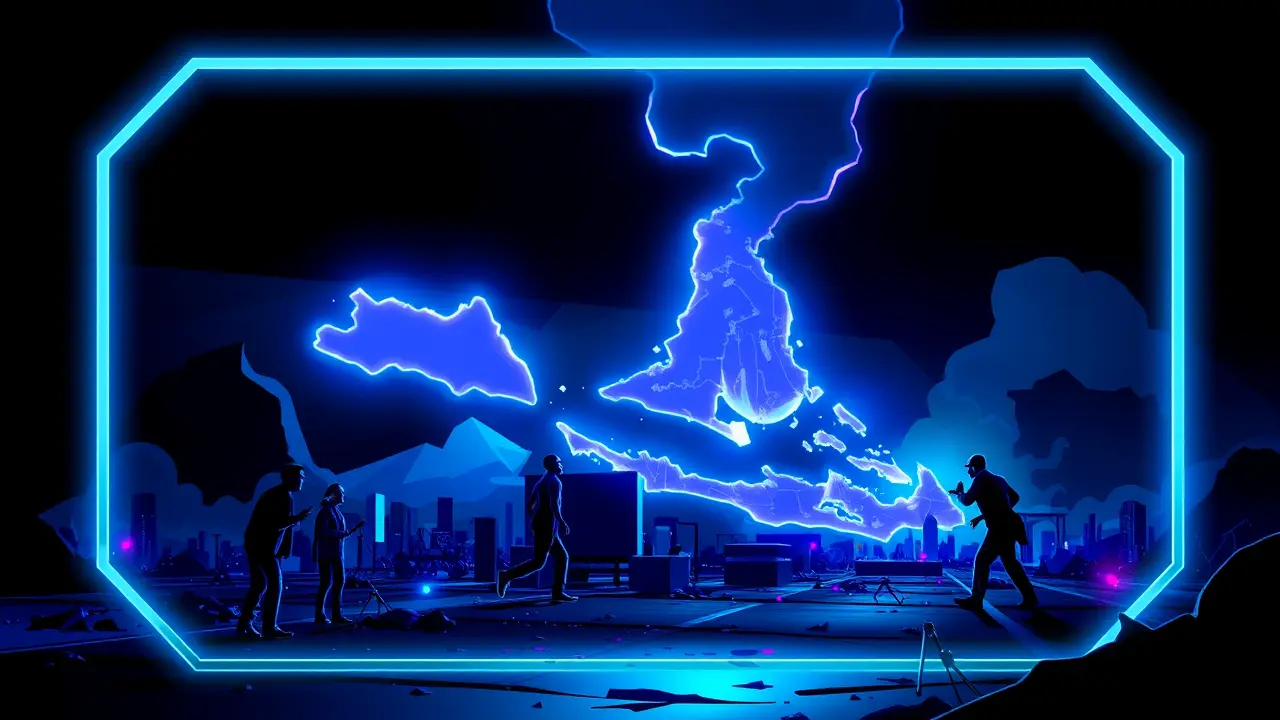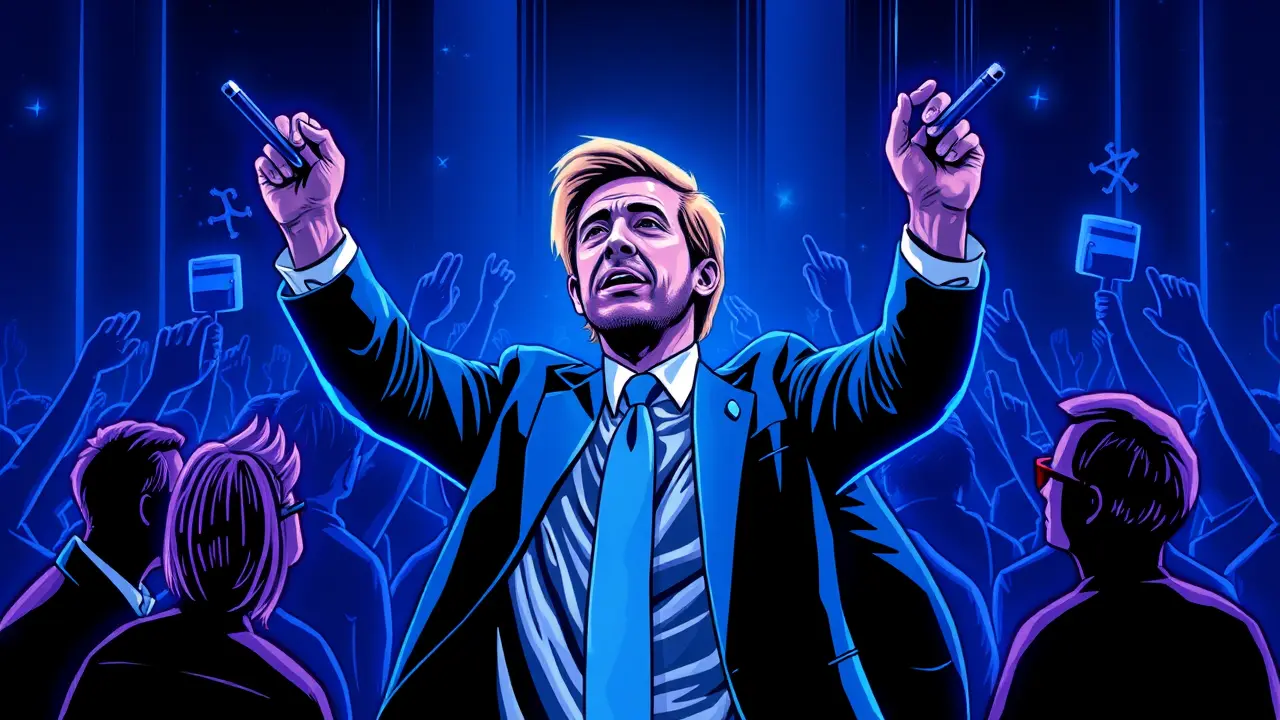
PoliticselectionsParliamentary Elections
D66 Confirmed as Winner of Dutch General Election
RO
Robert Hayes
2 days ago7 min read
In a stunning reversal of political fortunes that has sent shockwaves through the corridors of power from The Hague to Brussels, the centrist Democrats 66 (D66), under the steady leadership of Rob Jetten, has been confirmed the victor of the Dutch general election, definitively overtaking Geert Wilders' far-right Party for Freedom (PVV) after a tense and protracted vote count. This outcome, arriving with nearly all ballots tallied, represents far more than a mere statistical fluctuation; it is a profound reaffirmation of the Netherlands' liberal democratic core in the face of a populist surge that many had feared was unstoppable.The campaign itself was a brutal political trench war, characterized by Wilders' incendiary rhetoric on immigration and Islam, which sought to capitalize on a wave of public discontent over housing shortages and cost-of-living pressures. For a time, it appeared his strategy was working, with the PVV leading in several mid-campaign polls and creating a palpable sense of anxiety among the political establishment, reminiscent of the populist tremors that preceded the Brexit vote and the rise of similar movements across Europe.Yet, the final result echoes a historical pattern observed in other European nations—a late-stage consolidation of the moderate center when confronted with the tangible prospect of a hard-right government. Jetten’s D66 ran a campaign meticulously built on a platform of pragmatic centrism, emphasizing climate innovation through their continued commitment to the European Green Deal, bolstering the Dutch knowledge economy, and presenting a vision of managed, integration-focused immigration—a deliberate and stark contrast to Wilders' isolationist and nativist pledges.The victory was likely sealed in the final days as wavering voters from the left and the crumbling center-right VVD broke decisively for D66, viewing it as the most credible bulwark against a PVV-led administration. The immediate consequence is a complex and arduous government formation process ahead.D66, now in a position of strength, will likely seek to build a broad, stable coalition, potentially reaching across the aisle to the Labour-Green alliance (PvdA-GL) and fragments of the center-right, but they will be navigating a political landscape more fragmented than ever. For the European Union, this result is a significant sigh of relief.A PVV victory would have placed the Netherlands, a founding member and a key fiscal hawk, firmly in the camp of Eurosceptic states like Hungary and Slovakia, potentially destabilizing bloc-wide policy on everything from migration pacts to military support for Ukraine. Instead, a Jetten-led government is expected to be a predictable, pro-European partner, reinforcing the Franco-German-Dutch axis at a critical juncture.However, to interpret this solely as a defeat for populism would be a misreading; it is a containment, not an eradication. The PVV has secured a substantial portion of the vote, proving that the grievances it harnesses are deep and persistent. The new government's ultimate success, and indeed the future stability of Dutch politics, will hinge on its ability to address those core issues of economic insecurity and social cohesion that fueled Wilders' rise in the first place, lest this victory prove to be merely a temporary ceasefire in a longer, ongoing political civil war.
#Dutch general election
#D66
#Rob Jetten
#Geert Wilders
#PVV
#election results
#featured
Stay Informed. Act Smarter.
Get weekly highlights, major headlines, and expert insights — then put your knowledge to work in our live prediction markets.
Related News
Comments
It’s quiet here...Start the conversation by leaving the first comment.
© 2025 Outpoll Service LTD. All rights reserved.










